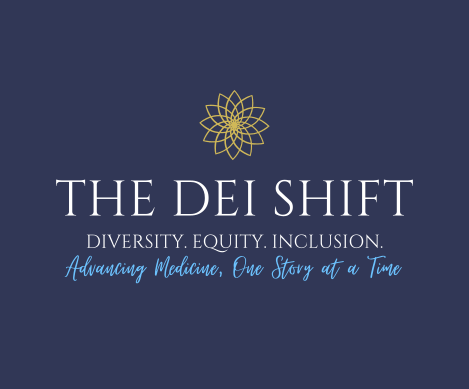The DEI Shift
The digital divide is the gap between those who have access to technology or the Internet and those who do not, typically on the basis of higher versus lower socioeconomic status. Thirteen percent of U.S. adults do not use the Internet; of these, 19% do not use it because of cost barriers related to Internet service or computer ownership. In addition, demographic variables, such as age, education, community (rural, urban, or suburban), or income, may contribute to non-adoption of technology.
For the 25.6 million people with limited English proficiency (LEP) in the US, language barriers pose a significant challenge to their health care experience and receipt of high-quality care. In California, there are 6.6 million people with LEP. Patients with LEP had lower rates of telehealth use (4.8 percent versus 12.3 percent) compared with proficient English speakers. In weighted multivariable logistic regression, patients with LEP still had about half the odds of using telehealth. In this episode of The DEI Shift, the team explores why policy makers and clinicians must focus on LEP as an important dimension to promote telehealth equity and decrease digital divides. Join us for Digital Health Equity: Bridging the Divide.
The 2024 rerelease of The DEI Shift’s Digital Health Equity: Bridging the Divide episode provides an additional learning and credit earning opportunity for learners who claimed credit for an earlier version.
First, listen to the podcast. After listening, ACP members can take the CME/MOC quiz for free.



